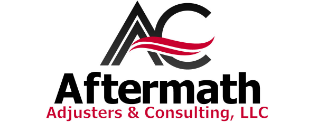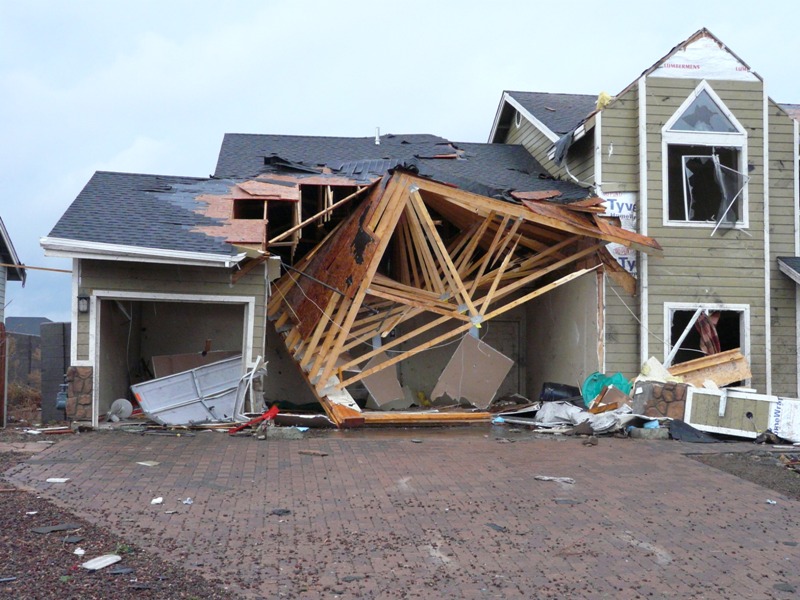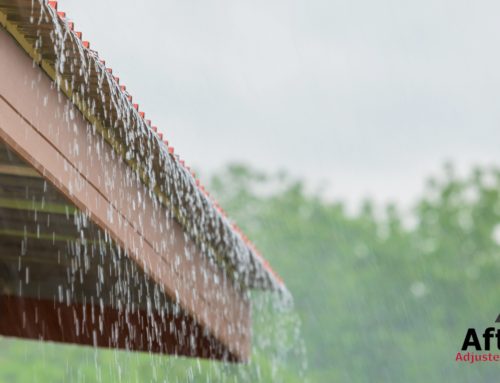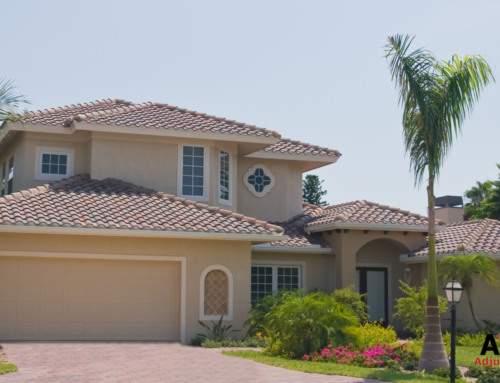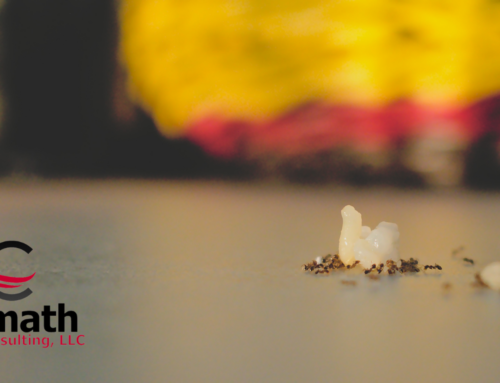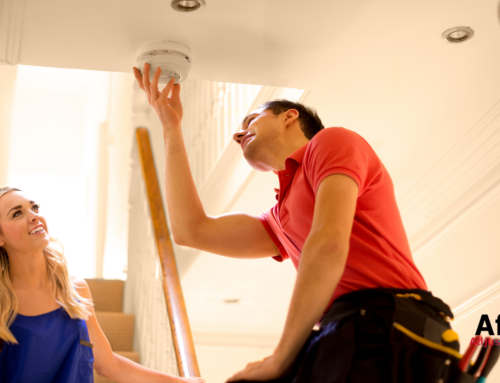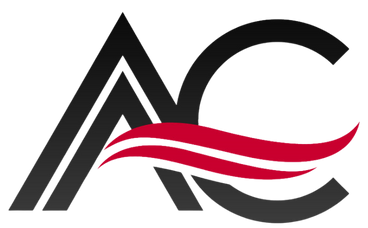Insurance claims can be complicated. Wind damage can be especially so. Different policies cover different wind events and will often go into detail about the type of wind damage they cover. To help you better understand your insurance claims, here are four things you need to know.
#1: Wind Damage Is Often Covered
Most homeowners insurance covers wind damage caused by a storm since this is a major risk to your house. However, floods and earthquakes are two major catastrophes that are not covered by the average insurance policy. Since floods and wind damage often go hand in hand, it is often hard to tell what caused the damage. This is where a public adjuster comes in.
#2: Your Insurance Has To Repair or Replace Your Roof
There is a legal obligation from your insurance company to replace or repair your roof, whichever has the least cost, under a covered loss or event. The problem with simple roof repair is that shingles and roofing colors fade with age and sun exposure. This means that your roof repair will be blatantly obvious.
The majority of Insurance companies realize this dilemma. They may make a compromise between cost and cosmetic value. In this situation, if your roof is very old, worn, and likely to need replacement without the storm, your insurance company may offer a partial compensation. Many homeowners take the partial compensation and pay to replace the roof themselves.
#3: Beware the Anti-Concurrent Causation Clause
Most homeowners policies have an anti-concurrent causation clause. Essentially, this means that if two or more disasters happen concurrently, and you are only covered for one of those disasters, then your insurance company will not have to pay out in damages.
To determine if your policy contains an anti-concurrent causation clause, look for wording similar to this: “We do not insure for such loss regardless of a) the cause of the excluded event; or b) other causes of the loss; or c) whether other causes acted concurrently or in any sequence with the excluded event to produce the loss.”
For example, if you lose a roof in a huge storm causing flooding in the home, your insurance company may refuse to pay if you don’t also have flood insurance.
For many Florida homeowners, this won’t be an issue if you also have flood insurance. If you do not, however, you may find it difficult to get a settlement for any of the wind damages.
#4: Hire Local Contractors Experienced With Repairing Wind Damage
Contractors from all over the state travel towards regions that just experienced wind damage with the hopes to cash in on claims. They may not provide the best quality of service, so you should hire local companies who are better qualified, and preferably recommended to you, to fix wind damage issues.
Aftermath Adjusters & Consulting specializes in wind damage insurance claims and can help you maximize your insurance policy. If you’ve experienced wind damage to your property, get in touch with Aftermath Adjusters. We’ll investigate your case and help you determine how much you could save by using a high-quality public adjuster.
